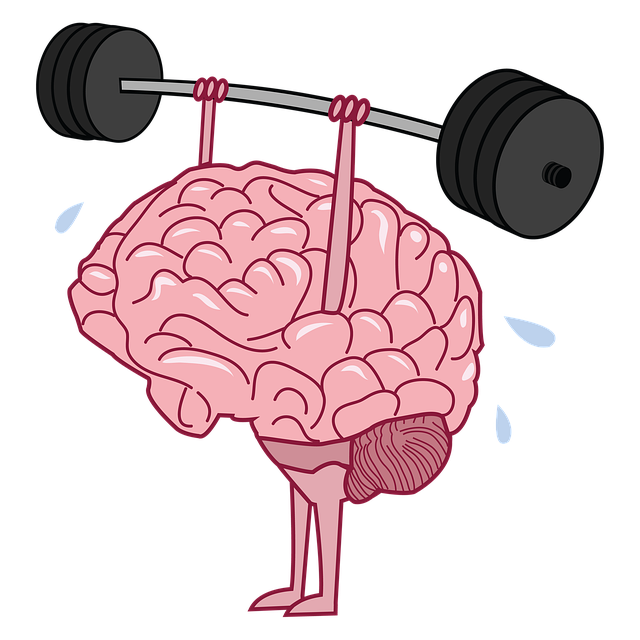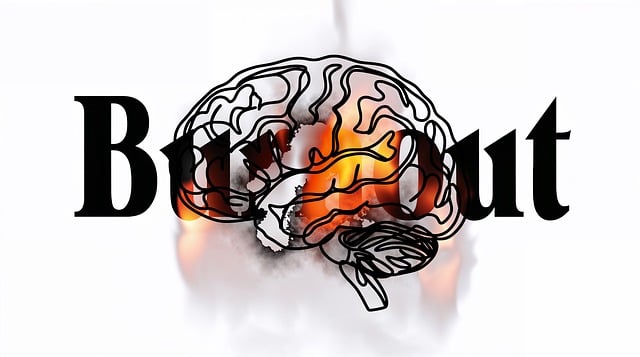Chronic pain and stress are deeply interconnected, affecting overall well-being. Superior Chronic Pain Therapy (SCPT) addresses psychological roots and emotional factors through techniques like mindfulness, cognitive behavioral therapy, and emotional regulation. SCPT combines educational sessions, interactive activities, and practical exercises tailored to both acute and chronic pain. Facilitation techniques in stress management workshops should be dynamic, using diverse methods for active participation, guided meditations, and reflective sharing. Post-workshop strategies include encouraging self-care routines, ongoing support through follow-up sessions or online communities, and cultural sensitivity in mental healthcare for inclusive well-being.
Stress management workshops play a pivotal role in empowering individuals to overcome chronic pain. This comprehensive guide explores effective strategies for organizing such workshops, focusing on understanding the intricate link between stress and chronic pain. We delve into designing engaging content, employing facilitative techniques to enhance participant engagement, and implementing post-workshop follow-up plans for lasting relief. Discover how these elements combine for superior chronic pain therapy.
- Understanding Chronic Pain and Stress: Unraveling the Connection
- Designing Effective Workshop Content for Pain Management
- Facilitation Techniques to Engage and Empower Participants
- Post-Workshop Follow-Up Strategies for Long-Term Relief
Understanding Chronic Pain and Stress: Unraveling the Connection

Chronic pain and stress are interconnected issues that significantly impact an individual’s overall well-being. While chronic pain is a physical sensation, it often has deep psychological roots and can be exacerbated by stress. Understanding this connection is crucial for developing effective strategies to manage both. Superior Chronic Pain Therapy involves not just treating the symptoms but also addressing the underlying emotional and mental factors that contribute to persistent pain.
Emotional Intelligence plays a pivotal role in managing chronic pain, as it helps individuals recognize and regulate their emotions, which can reduce stress levels. Additionally, Cultural Sensitivity in Mental Healthcare Practice ensures tailored support for diverse populations, considering unique cultural beliefs and practices that may influence perceptions of pain and stress. Promoting emotional well-being through various techniques, such as mindfulness, relaxation exercises, and cognitive behavioral therapy, is essential to providing comprehensive care. These approaches aim to enhance coping mechanisms, enabling individuals to manage both chronic pain and the stressors that accompany it.
Designing Effective Workshop Content for Pain Management

Designing engaging and effective workshop content for pain management is essential to ensure participants leave with tangible tools to improve their quality of life. A well-structured workshop should balance educational sessions, interactive activities, and practical exercises tailored to managing both acute and chronic pain. Incorporating techniques such as mindfulness meditation, cognitive reframing, and relaxation strategies can empower individuals to navigate pain more effectively. For instance, teaching participants how to manage stress and anxiety through emotional regulation techniques can significantly reduce the impact of chronic pain on daily functioning.
Focusing on self-esteem improvement is another vital component, as low self-worth often exacerbates pain perception. Workshops should encourage a positive mindset by fostering self-compassion and promoting healthy coping mechanisms. By combining pain management strategies with anxiety relief techniques and emotional regulation exercises, these workshops can offer a holistic approach to superior chronic pain therapy.
Facilitation Techniques to Engage and Empower Participants

Engaging participants in stress management workshops requires dynamic and interactive facilitation techniques that go beyond traditional lectures. To create a powerful learning environment, facilitators should employ diverse methods to cater to different learning styles. One effective approach is incorporating hands-on activities and group discussions, fostering collaboration and active participation. For instance, guided meditations followed by reflective sharing sessions can help participants process their experiences and insights. This not only enhances understanding but also encourages emotional expression and resilience-building.
Additionally, leveraging multimedia resources such as videos, interactive presentations, and even a Mental Wellness Podcast Series Production can further enrich the workshop experience. These tools can provide real-world examples and case studies, making complex concepts more accessible. Moreover, integrating topics like social skills training and self-esteem improvement within stress management frameworks can equip participants with valuable coping mechanisms for everyday challenges. By combining these facilitation techniques, workshops can offer a holistic approach to superior chronic pain therapy, empowering individuals to navigate life’s stresses effectively.
Post-Workshop Follow-Up Strategies for Long-Term Relief

After facilitating stress management workshops, implementing effective post-workshop strategies is essential to ensure long-term relief for participants, especially those dealing with superior chronic pain therapy needs. One key approach is encouraging clients to integrate self-care routine development into their daily lives. This can involve promoting mindfulness practices, regular exercise tailored to their abilities, and healthy sleep hygiene. By fostering a sense of agency and providing practical tools, individuals are empowered to manage their stress levels independently.
Additionally, offering ongoing support through follow-up sessions or online communities can significantly impact long-term success. These platforms facilitate open discussions, share experiences, and provide a safe space for individuals to address challenges. Incorporating social skills training during these check-ins allows participants to practice newly acquired coping mechanisms in a supportive environment. Moreover, emphasizing cultural sensitivity in mental healthcare practice ensures that diverse perspectives are respected and considered, fostering an inclusive atmosphere that promotes sustained well-being.
Stress management workshops play a pivotal role in offering individuals effective tools for combating chronic pain. By combining insights into the connection between stress and pain, engaging facilitation techniques, and implementing post-workshop follow-ups, these sessions empower participants to take control of their well-being. Through tailored content focused on superior chronic pain therapy, attendees gain actionable strategies for long-term relief, fostering a holistic approach to wellness that resonates far beyond the workshop’s conclusion.










